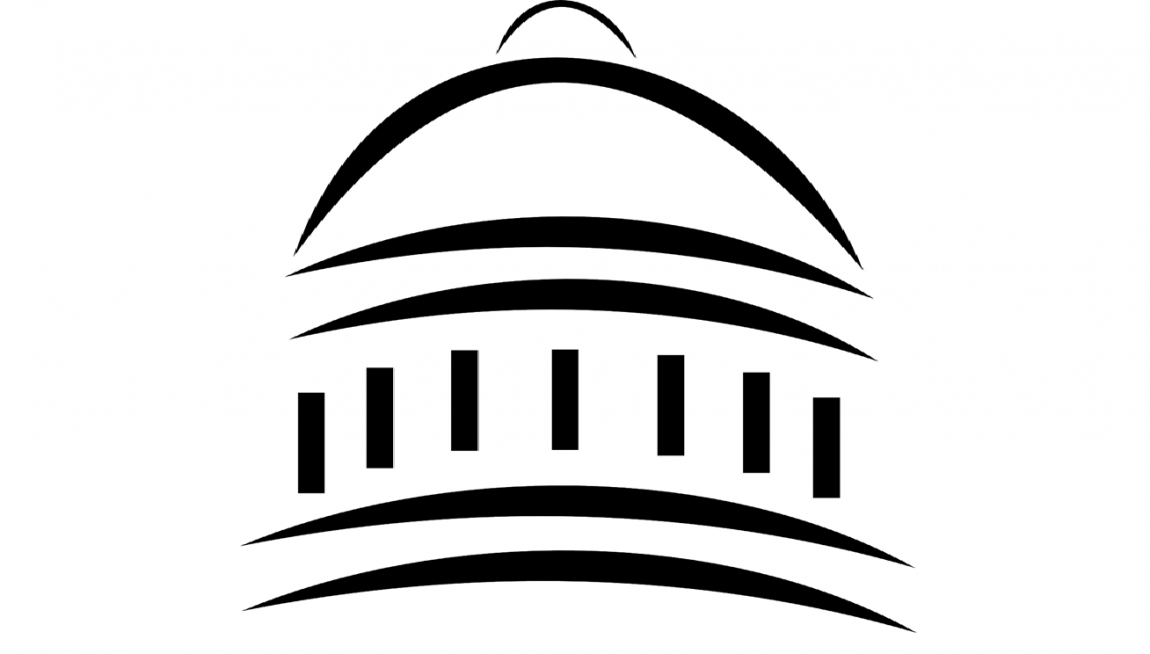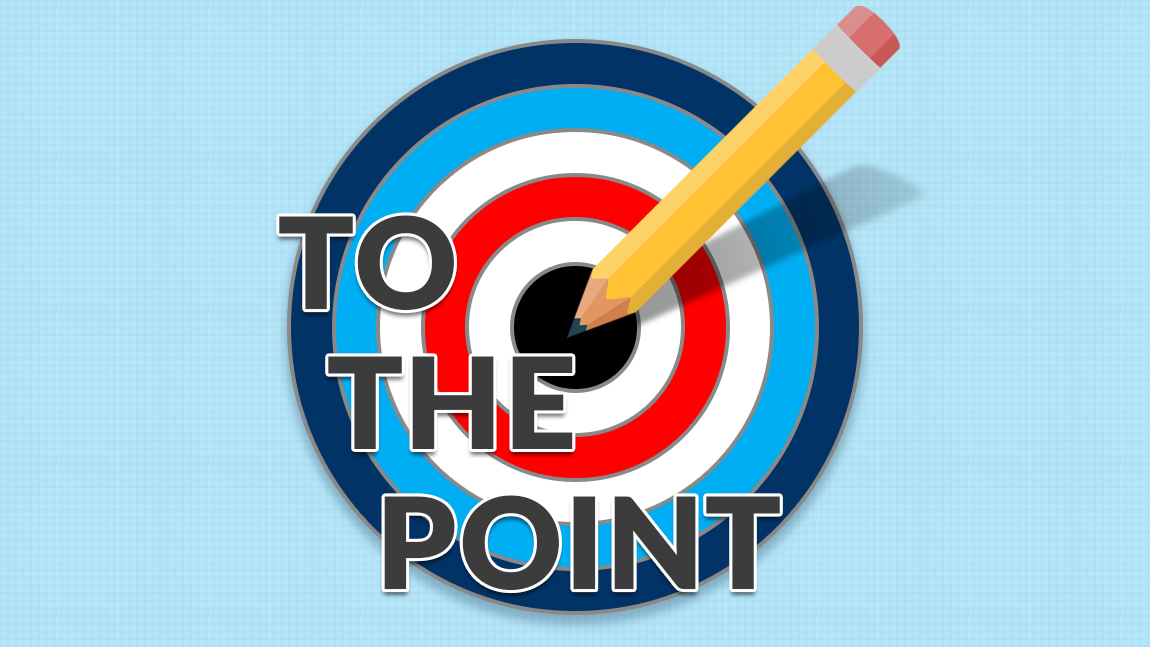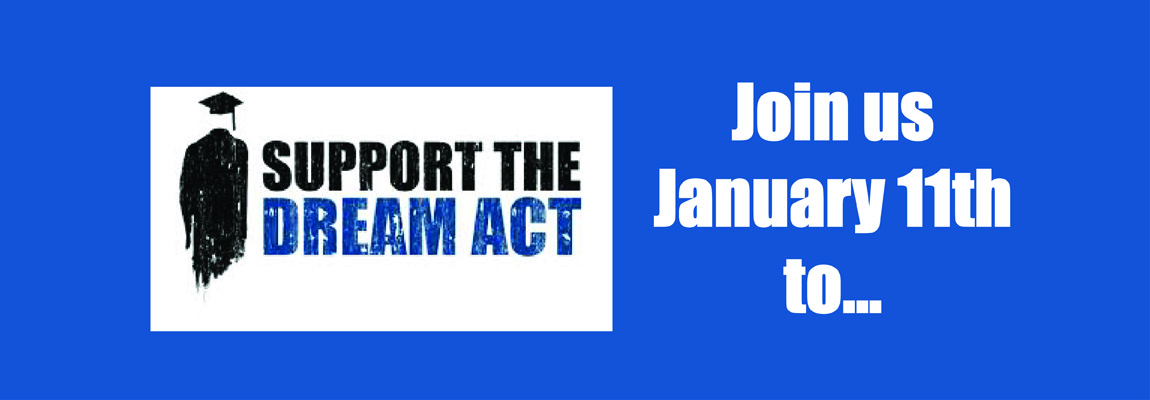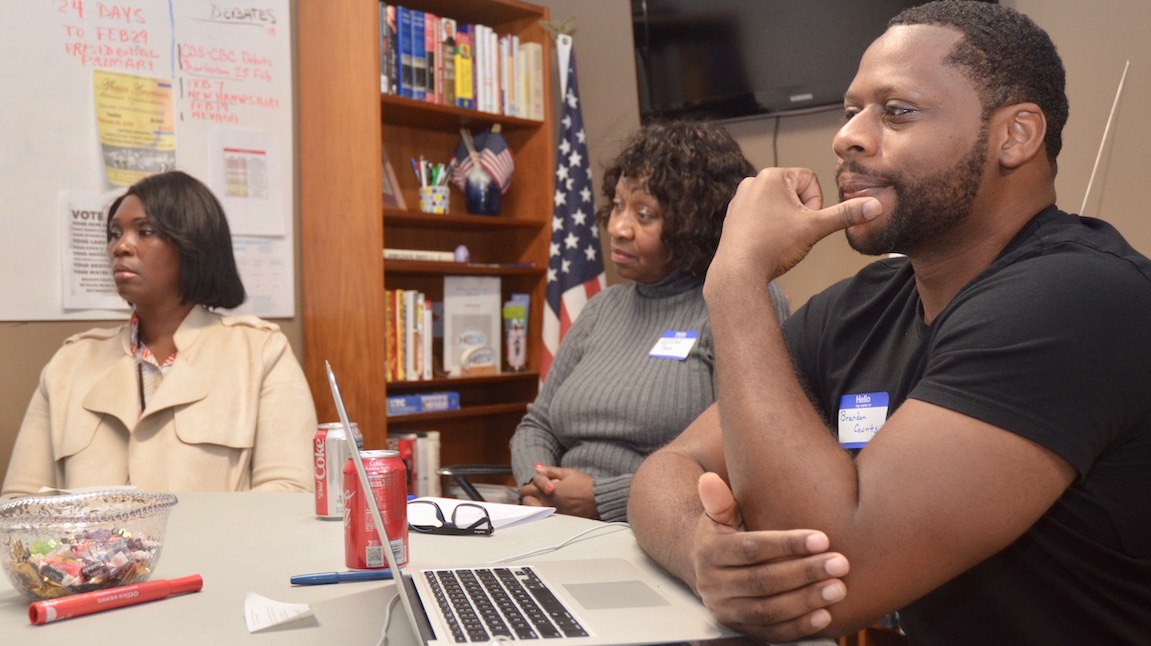By David Higham

HORRY COUNTY GOVERNMENT / LOCAL ISSUES
Local Cases and Deaths: Cases of the coronavirus jumped by 80 in Horry County on July 30, bringing the total number of positive tests to 7,857 across the county since March according to state health officials. County deaths total 119 people since the first reported death in the area March 24. (Myrtle Beach Online 7/30/2020)
Horry County School Board approves re-opening plan: The HCS Board met on Tuesday August 4, one day later than originally scheduled, and approved a county-wide re-opening plan. Under the plan all students are likely to begin the school year virtually, though teachers will be in the classroom. Parents will have the option to enroll in the district’s traditional brick and mortar option or full-time virtual school, which is being expanded this year to offer instruction to all students K-12. When and how frequently students enrolled in the traditional option will be allowed to learn inside buildings will be determined based on S.C. Department of Health and Environmental Control metrics examining COVID-19 activity in the county. The agency’s next report is due August 31. Currently Horry County’s COVID-19 activity is rated as “high”, which would mean all instruction would be held remotely. (MyrtleBeachOnline 8/4/2020)
Jury Trials to Reconvene: The South Carolina Supreme Court announced that Horry County and Aiken County were chosen to host the first jury trials in mid-August. Jury trials have been on hold for several months after the courthouse closed to help slow the coronavirus’ spread. (MyrtleBeachOnline 7/29/2020)
STATE / SC LEGISLATURE
COVID-19 State-wide Numbers: As of July 30, there were 87,117 confirmed cases of COVID-19 in SC, including 1,559 patients who died. Fifty (50) coronavirus patients died on July 21, making it the deadliest day the state has seen so far. Projections posted by the state Department of Health and Environmental Control indicate that the fatalities will double by late October.
The number of coronavirus tests in SC totals 734,149. Nearly 20 percent (19.9%) of tests have been positive. Nationally, about 8.7% of tests turn up positive, according to the Centers for Disease Control and Prevention. SC has also seen record number of hospitalized coronavirus patients nearly every day in July. About 35% of all ICU beds across the state are occupied by coronavirus patients. Only 245 of the state’s 1,440 ICU beds are available. (The State newspaper 7/29/2020 and 7/30/2020; Post and Courier 7/29/2020)
Newly Reopening: Governor Henry McMaster announced that all remaining businesses that closed as the coronavirus started spreading across the state can reopen. Concert halls, theaters and stadiums in SC can reopen to a limited number of people starting on August 3. Masks will be mandated inside those businesses. These newest re-openings come at the same time the White House coronavirus task force has listed South Carolina as a COVID-19 “red zone”.
The Governor also announced a mask mandate in all state buildings, beginning on August 5, but stopped short of a statewide mandate. He called on more city and county governments to pass their own requirements for face coverings.
He also emphatically told local authorities to enforce all restrictions, a stronger stance than his office has previously taken in saying they can if they want to, through power allowed in his emergency declarations. Among the mandated rules: Dine-in service must be limited to no more than 50% of the certificate of occupancy issued by the fire marshal; employees and customers are required to wear face masks (except when eating and drinking; tables must be spaced to keep diners at least six feet apart; and standing or congregating in a restaurant’s bar area isn’t allowed. (The State newspaper 7/29/2020; Post and Courier 7/29/2020; MyHorryNews 7/31/2020)
Partying Continues in Legal Gray Area: Months after Gov. Henry McMaster closed South Carolina’s nightclubs to control the spread of coronavirus, many continue to operate thanks to legal ambiguity. The term “nightclub” appears just twice in SC’s Code of Laws, and neither instance defines the business. (Post and Courier 7/28/2020)
Chronic Unemployment Persists: The number of new applicants seeking unemployment benefits in SC eased slightly during the third week of July, but the state is still managing more than 195,000 people who were forced out of work over the past five months. It dwarfs the number of people who filled the state’s unemployment rolls during the Great Recession. The extra $600 per week the federal government was paying to every eligible unemployment applicants in the country has expired as Congress debates its reauthorization. In SC, that means roughly $120 million a week will disappear from household incomes and the state’s economy beginning August 1.
A federal moratorium on evictions on federally backed rental properties also expires this week, prompting many to brace for a surge in evictions. (Post and Courier 7/24/2020 and 7/30/2020; Statehouse Report 7/30/2020)
Missing Students? South Carolina child safety officials have begun parsing a list of roughly 7,400 unaccounted-for-students to determine if their lack of contact with local districts since schools closed in March warrants further investigation. (Post and Courier 7/17/2020)
FEDERAL / US CONGRESS/ NATION
“Impossible to Predict” end of pandemic: US deaths from the virus topped 150,000 on July 29. While the United States only comprises 4.2% of the world’s population, American deaths comprise more than 22% of the world’s recorded deaths.
White House coronavirus task force member Dr. Anthony Fauci suggested it is impossible to know whether the US is nearing the end of the pandemic or still in the early stages, and that the outcome depends very much on American’s behavior going forward, including the wearing of masks, practicing social distancing and taking other actions that can slow the spread. The University of Washington Institute for Health Metrics and Evaluation predicted that US deaths will skyrocket “well into the multiple hundreds of thousands” if it does not control the coronavirus pandemic. (CNN 7/30/2020).
Years of Economic Gain Lost: Federal data released July 30 showed the US economy slumped by 9.5% in the second quarter compared to the same period last year. That is an annal rate drop of 32.9%, the worst on record. More than half of adult Americans live in households that have lost income during the pandemic. Economists say it will likely take years for the economy to return to pre-pandemic levels. And at least 29 US states roll back their reopening plans because of high infection rates, there are signs already that the resurgence of the economy is teetering. The number of Americans filing first-time unemployment claims rose for the second week in a row. (CNN 7/31/2020)
Congressional Negotiations Continue on Pandemic Relief Bill: As of July 31, the top Democrat and Republican leaders of Congress remain far apart in reaching a consensus on a coronavirus relief measure. While Congressional negotiations continue, vital safety net measures, including enhanced unemployment benefits, that have helped millions of Americans to stay afloat as the economy cratered are now expiring and benefits disappearing. Senate Republicans unveiled their draft bill on July 27, waiting nearly two months after the Democratic controlled House passed their proposal. The Senate Republican bill includes new money for schools, liability protections for hospitals, restaurants and businesses and another round of direct stimulus payments to individuals and families. But many Republican senators are balking against the bill’s $1 trillion price tag. According to Senate Democratic Leader Chuck Schumer, the Republican bill is “stingy”, and is deeply at odds with the House bill passed in May that directs $3.5 trillion in relief. The House bill passed in May includes protections for people facing eviction, continues the enhanced unemployment benefit, money to feed children, funds to open schools safely and money for state and local governments.
“We just don’t’ think they understand the gravity of the problem.” Schumer said after a two-hour meeting on July 30 with Speaker Nancy Pelosi, Treasury Secretary Steven Mnuchin and White House Chief of Staff Mark Meadows. “I think they understand that we have to have a bill, but they just don’t realize how big it has to be,” Pelosi said. (Roll Call newspaper 7/30/2020; CNN 7/28/2020)
Trump Seeks to Delay Election: President Trump suggested in a tweet that the November election be delayed due to unfounded concerns vote-by-mail will lead to voter fraud. This received rare pushback from many Republicans on Capitol Hill who say the election will proceed on November 3 as planned. Trump does not have the power to move the date of the election, as it is set by federal law passed by Congress in 1845. (CBS News 7/30/2020)
Dire Warning: More than 11 million people in Latin America are “marching towards the brink of starvation” due to economic conditions exacerbated by the coronavirus pandemic, the United Nation’s food agency chief David Beasley has warned. Beasley called Latin America a “ticking time bomb”. (CBS News 7/29/2020)
THE COURTS
Supreme Court rejects Trump’s argument that he Holds Absolute Immunity from Criminal Investigation as president: The Court ruled in a 7-2 decision, joined by Trump-appointed justices Neil Gorsuch and Brett Kavanaugh – that the president isn’t immune from the Manhattan district attorney’s efforts to obtain his taxes as part of an investigation into hush money payments to two women. In another 7-2 decision, the court also left open the potential for House Democrats to get his financial records from the Trump Organization’s accounting firm and two banks.
The cases will return to lower courts, and the rulings do not mean the president’s tax information will become public imminently. It is unlikely that the cases will be settled before Election Day. While presidential candidates have traditionally released their tax returns over the past few decades, it is not required by law. Although Trump said he would make the information public during his 2016 campaign, he ultimately became the first major-party nominee in four decades not to do so. Since taking office Trump has waged legal battles to keep his tax information private. (NBC News 7/9/2020)
Ruling Limits Voting by Ex-Felons: The US Supreme Court ruled that Florida can enforce a law barring ex-felons from voting if they still owe court fines or fees that they are unable to pay associated with their convictions. “This Court’s order prevents thousands of otherwise eligible voters from participating in Florida’s primary election simply because they are poor,” Justice Sonia Sotomayor wrote in the dissent. Justices Ruth Bader Ginsburg and Elena Kagan also dissented. (CNN 7/16/2020)
The US Supreme Court lets States keep “faithless elector” laws: The Supreme Court ruled unanimously that states can enforce laws that require presidential electors to support the winner of the state’s popular laws. The Court rejected challenges to such laws in Colorado and Washington state from so-called “faithless electors” in the 2016 election who faced penalties for casting their Electoral College votes for a different presidential candidate that the one who won the popular vote in their states. (Roll Call newspaper 7/6/2020)
Federal ban on robocalls upheld: The US Supreme Court upheld a federal ban on robocalls to cell phones, rejecting a bid by political consultants to open the floodgates for campaign ads and other communications. (CNN 7/6/2020)
US Supreme Court blocks Trump Administration’s move to end DACA; Admin. responds by rejecting new applicants: In a 5-4 ruling in June, the Supreme Court blocked the Trump Administration’s attempt to terminate DACA, a program established in 2012 that protects 650,000 undocumented immigrants who came to the US as children from deportation and allows them to work in the US. In an independent action, a federal judge in Maryland ordered the Trump Administration to restore DACA to the way it operated before the administration tried to terminate it in the fall of 2017. The court’s order explicitly instructs the Department of Homeland Security to open the program to hundreds of thousands of potential new applicants. In response, the Trump Administration announced a “comprehensive review” of the DACA program and in the meantime will reject all initial requests and application fees for new filings to future applications. (CBS News 7/17/2020; CNN 7/28/2020)
US Supreme Court Rules Against Church: A Nevada church argued before the high court that a policy limiting in-person church attendance to 50 during the coronavirus pandemic violated the Constitution. In a 5-4 decision the Supreme Court upheld a lower court ruling against the church. This ruling marked the second time Chef Justice John Roberts has voted to reject a request from a church amid the pandemic. (CNN 7/24/2020)
Supreme Court Upholds Trump Administration birth control rules: The Supreme Court in a 7-2 decision upheld two Trump administration rules that would expand the types of employers that could be exempt from covering contraception under their health plans. (Roll Call newspaper 7/8/2020)
Governor’s Spending on Private School Vouchers challenged: A South Carolina circuit court held a hearing on July 29 whether Governor Henry McMaster can legally spend $32 million in federal COVID-19 money on private school tuition grants. A lower court has temporarily blocked the Governor’s proposal. The court has not set a date for a ruling. (The State newspaper 7/28/2020; Post and Courier newspaper 7/29/2020)
Shareholder Settlement Reached: A federal judge signed off on a $192.5 million legal settlement between the former shareholders of SCANA Corp. and the company’s new owner Dominion Energy. The deal, which is being celebrated as the largest investor-related settlement in SC history, stems from the failed V.C. Summer nuclear expansion project in Fairfield County. (Post and Courier 7/9/2020)






